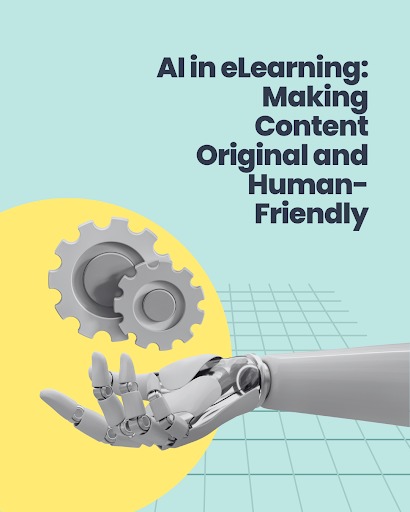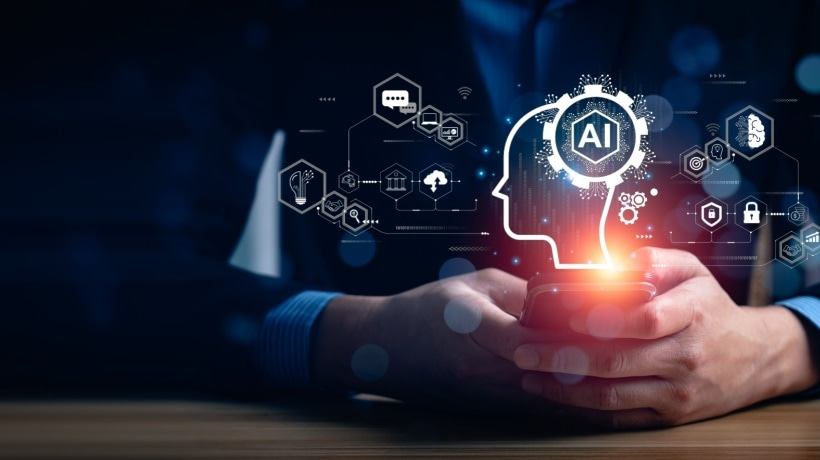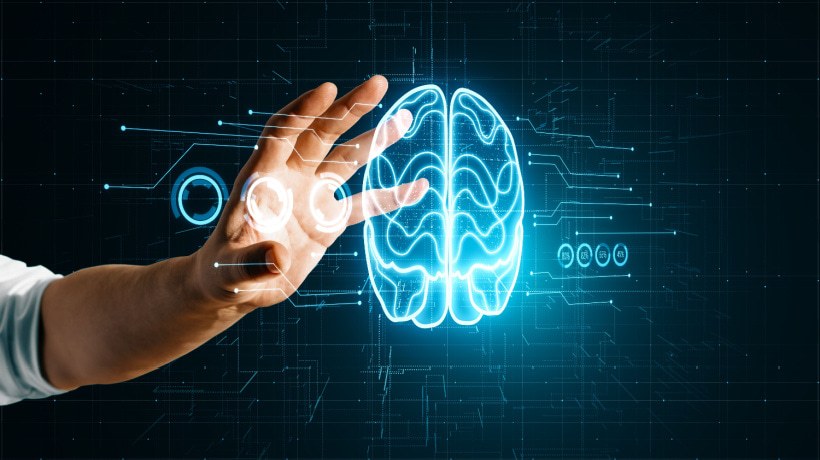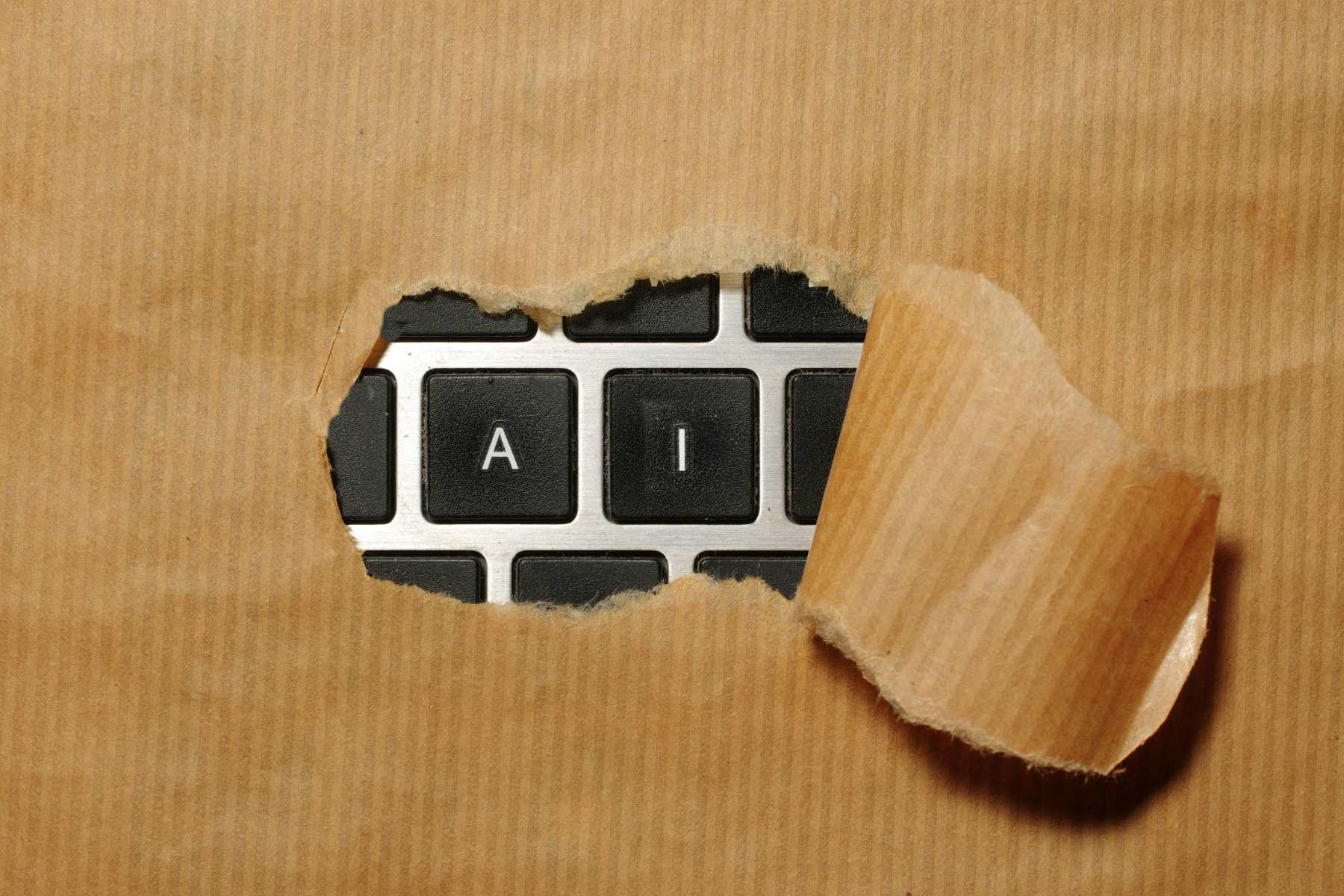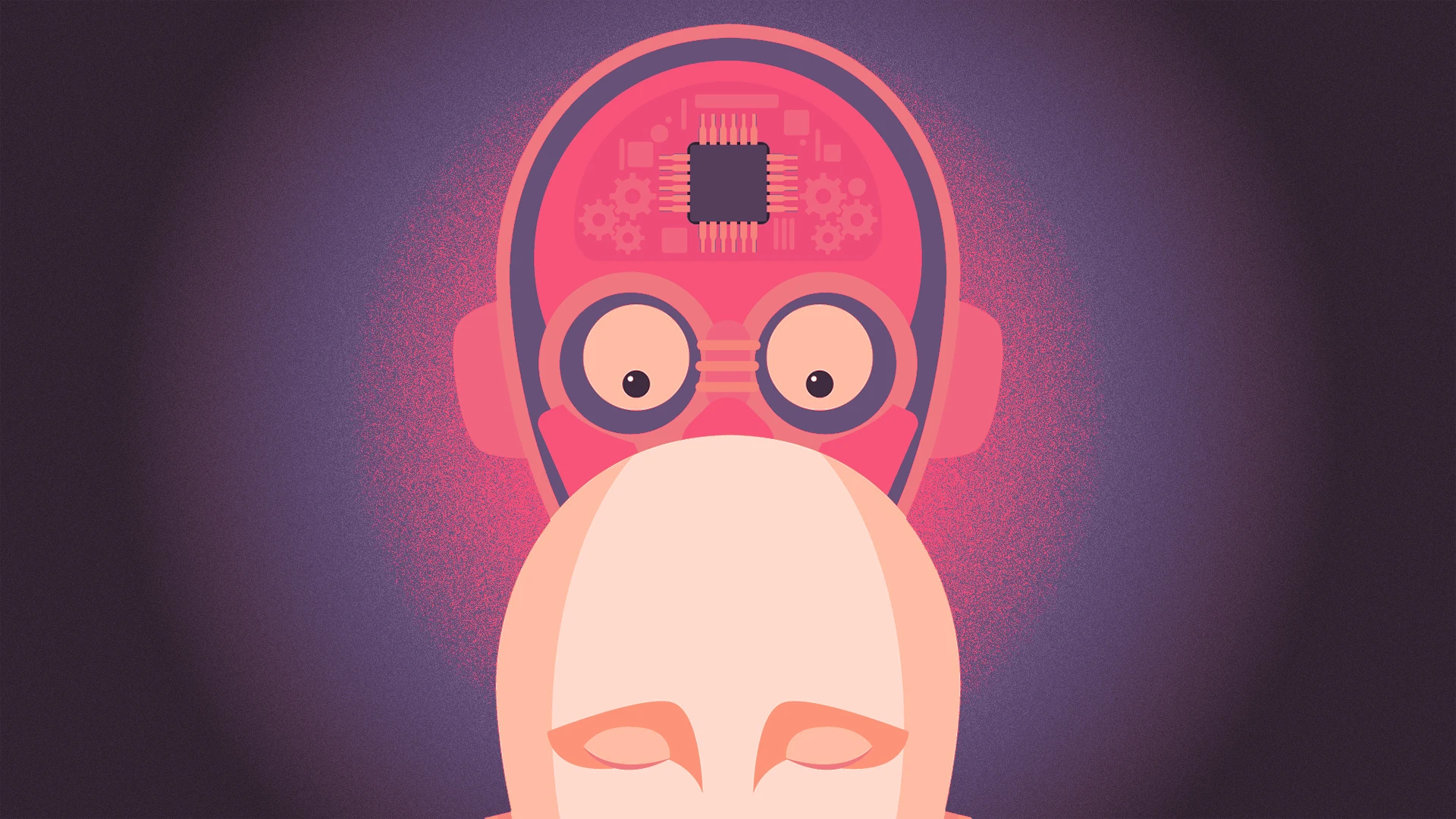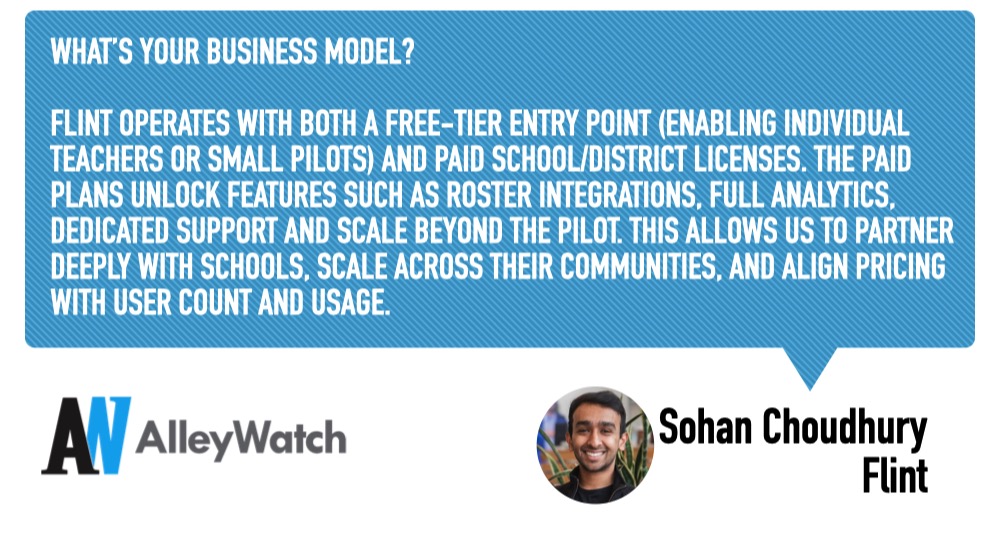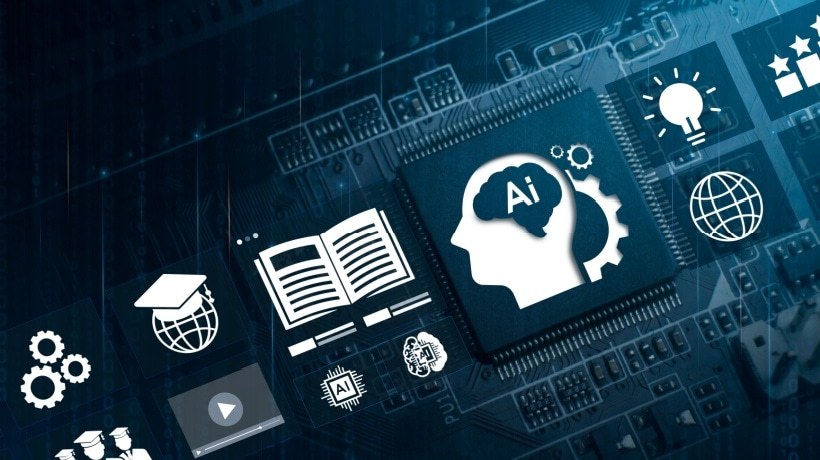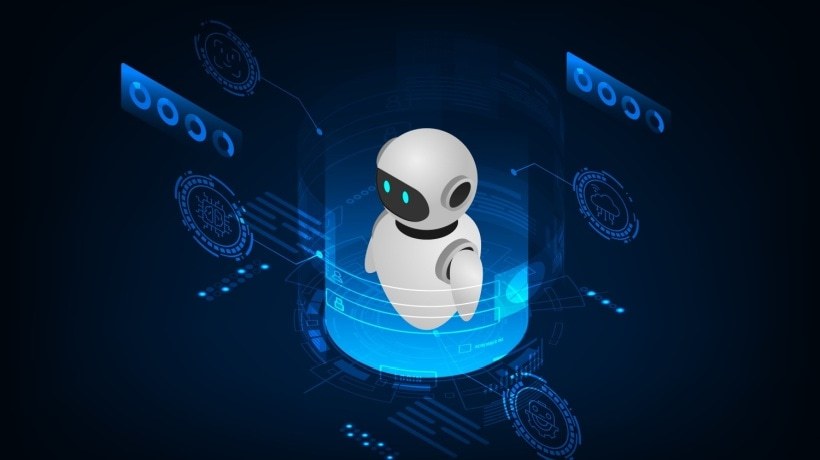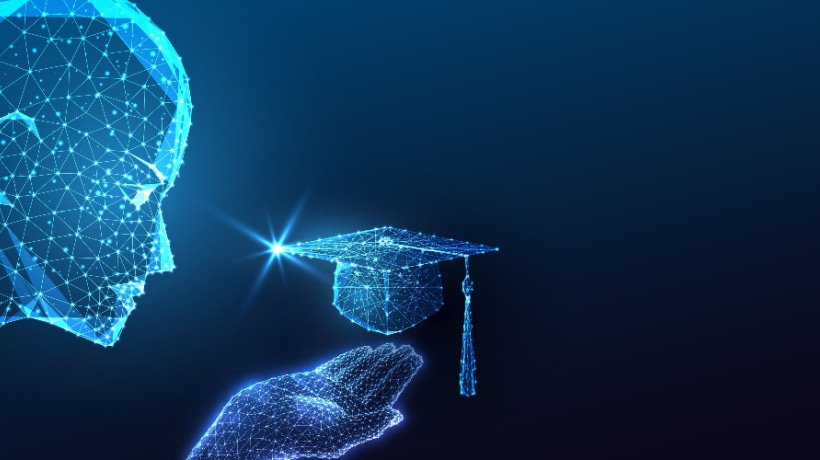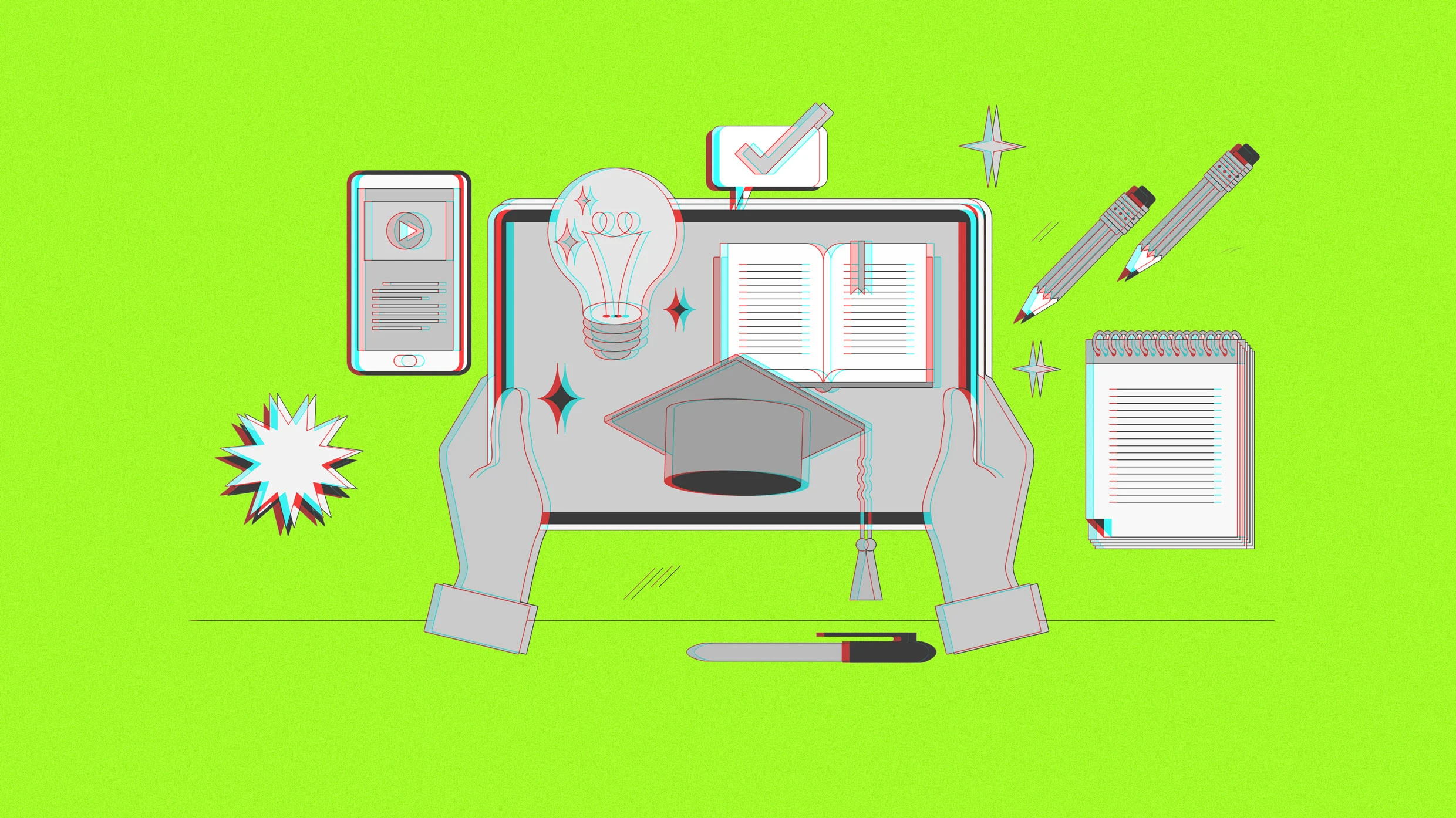fromInside Higher Ed | Higher Education News, Events and Jobs
3 weeks agoWriting Labs Are an Answer to AI (opinion)
Done! Finished! One might expect to hear such exclamations from exultant college students, relieved or ready to rejoice upon polishing off their latest essay assignment. Instead, these are the words I hear with increasing frequency from fellow professors who have come to think that the out-of-class essay itself is now done. It's an antiquated assignment, some say. An outmoded form of pedagogy. A forlorn fossil of the Writing Age, a new coinage that seems all too ready to consign writing instruction to extinction.
